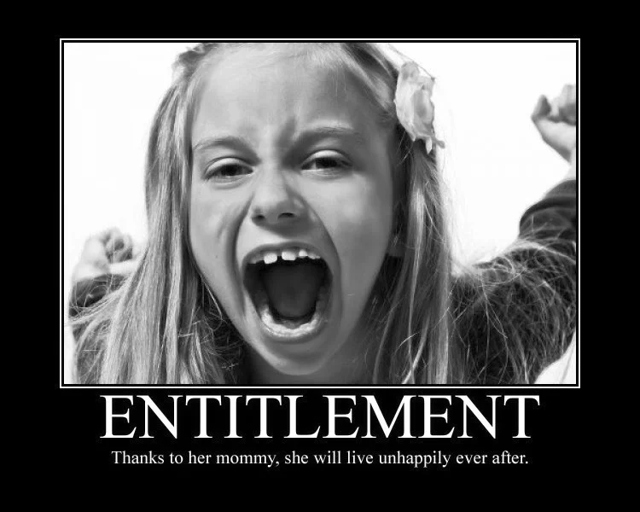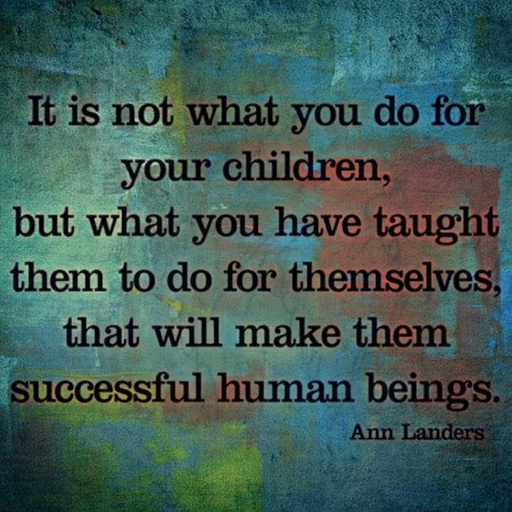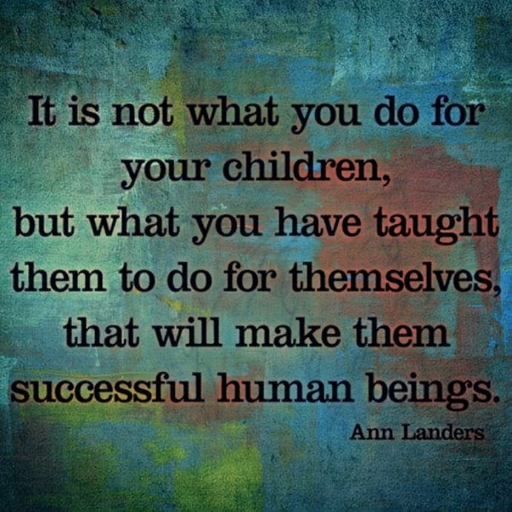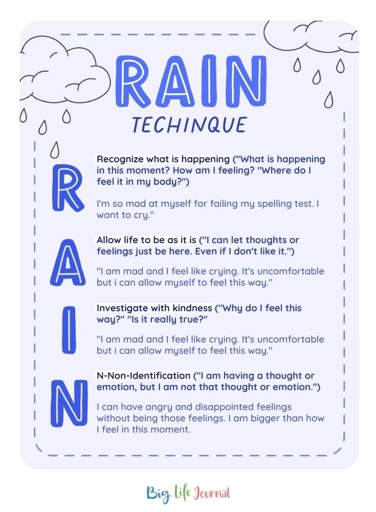In today’s society, it seems that more and more teenagers are becoming entitled. They believe that they are owed everything and that they are the center of the universe. While it can be difficult to deal with an entitled teenager, there are some things you can do to help them learn to be more grateful.
Entitled Meaning
But sometimes, teenagers can be a little too entitled for their own good. If you’re dealing with an entitled teenager, here are a few tips to help you out. They’re moody, they’re hormonal, and they’re going through a lot of changes. It’s no secret that teenagers can be a handful.
What Is An Entitled Teenager?
They may feel entitled to material possessions, special treatment, or even privileges that they have not yet earned. But what does it really mean? In recent years, the term “entitled teenager” has become more and more popular. An entitled teenager is typically one who feels that they are owed something by virtue of their mere existence. This sense of entitlement can lead to entitled behavior, which can be frustrating and even infuriating for those around them.
If you’re dealing with an entitled teenager, it’s important to understand where this sense of entitlement comes from. With that said, here are some tips for dealing with an entitled teenager: In fact, entitlement can be a positive quality if it’s channeled in the right way. It’s also important to know that it’s not necessarily a bad thing.
1. Try to understand where their sense of entitlement comes from.
2. Help them channel their entitlement into positive behavior.
3. Be clear about your expectations and boundaries.
4. Don’t give in to entitled behavior.

5. Encourage them to be grateful for what they have.
With these tips in mind, you should be able to effectively deal with an entitled teenager.
What Is The Root Of Entitlement?
In the context of teenagers, entitlement can manifest as a sense of entitlement to attention, love, or material possessions. Entitlement is often accompanied by a sense of entitlement to special treatment. Entitlement is a sense of ownership or right to something.
Entitlement is often the result of helicopter parenting, where parents over-indulge their children and give them everything they want. This can lead to children who expect to be given everything they want and who feel entitled to special treatment.
Entitlement can also be the result of trauma, such as abuse or neglect. Helicopter parenting is not the only cause of entitlement, however. Children who have experienced trauma often feel that the world owes them something, and they may act out in entitlement in order to get what they feel they are owed.

Only then can you begin to address the issue and help your teenager learn to cope with their entitlement in a healthy way. If you are dealing with an entitled teenager, it is important to try to understand the root of their entitlement.
What Is Narcissistic Entitlement?
It is often used to describe people who feel entitled to special treatment or who expect others to cater to their every need. Narcissistic entitlement is a term used to describe a sense of entitlement that is inflated beyond what is reasonable. Narcissistic entitlement can lead to difficult or even dangerous behavior if not kept in check.
Why Is My Child So Ungrateful?
It’s normal for teenagers to be ungrateful at times. They’re going through a lot of changes and they may not always be able to see how much you do for them. Here are some tips on how to deal with an entitled teenager:
– Try to have realistic expectations. Your teenager may not be able to show their appreciation for everything you do, but that doesn’t mean they don’t appreciate it.

It’s not about you, it’s about their hormones and brain development. – Don’t take it personally.
They’ll eventually come around and start showing their gratitude more often. – Be patient.
They may not even realize how ungrateful they’re being. – Talk to them about it. If you’re concerned about their lack of gratitude, have a talk with them about it.
Sometimes, teenagers need help understanding why it’s important to be grateful. Explain to them how it makes you feel when they’re ungrateful, and how it makes them look to others. – Help them understand.
Thank them when they do something nice, even if it’s something small. – Set a good example. Show your teenager how important it is to be grateful by being grateful yourself.
Let them know that you’re proud of them and that you appreciate their efforts. – Encourage them. When your teenager shows signs of gratitude, make sure to encourage them.
How Do I Know If My Child Is Entitled?
Here are a few signs that your child may be entitled: As a parent, it can be difficult to tell if your child is simply going through a phase or if they are truly entitled.
How Do You Deal With An Entitled Teenager?
It’s no secret that teenagers can be entitled. They think they know everything and that the world owes them something. While it can be frustrating to deal with an entitled teenager, there are some things you can do to help them learn how to be more humble.
Here are some tips for dealing with an entitled teenager:
1. Help them understand that the world doesn’t owe them anything.
Help them understand that not everyone gets what they want and that they need to be grateful for what they have. Teach them that life isn’t always fair and that they need to work hard for what they want.

2. Encourage them to be humble.
Teach them the value of humility and how it can help them in life. Help them see how being humble can make them a better person.
3. Help them see the other side.
Encourage them to see things from other people’s perspectives. Help them understand that not everyone sees things the way they do.
4. Help them learn to be patient.
Patience is a virtue and it’s something that they will need to learn in order to be successful in life. Help them understand that good things come to those who wait.
5. Help them to be grateful.
Teach them to be grateful for what they have. Help them understand that they should be thankful for the good things in their life, even when things aren’t going their way.
Don’t Reward Bad Behavior.
Entitled teenagers may not be able to see things from another person’s perspective. It can be difficult to deal with an entitled teenager. As a result, they may not realize how their behavior is impacting those around them. They may seem ungrateful, spoiled, and demanding. It is important to remember that entitled behavior is often a result of a lack of empathy.

Explain how their behavior is affecting you and others. First, try to have a conversation with them. Finally, be consistent with your expectations. Second, set clear boundaries and consequences for their behavior. If you give in to their demands, they will only continue to behave in an entitled manner. Let them know that their entitled behavior will not be tolerated. There are a few things you can do to deal with an entitled teenager.
Call Out Bad Behavior.
It’s no secret that teenagers can be entitled. They think they know everything and that the world revolves around them. It can be frustrating to deal with an entitled teenager, but there are some things you can do to try to get them to see things your way.
You can also try to explain to them why their behavior is not acceptable. One thing you can do is to call out their bad behavior. This may not always work, but it’s worth a try. Sometimes, they just need to hear it from someone else. If they’re being rude or disrespectful, let them know that it’s not acceptable.

Sometimes, they just need to understand where you’re coming from. Another thing you can do is to try to get them to see things from your perspective. Explain to them why you feel the way you do and why their behavior is not acceptable.
Finally, you can try to set some limits with them. If they’re not listening to you or respecting your wishes, then you may need to set some firm boundaries. Let them know what they can and cannot do and stick to it. This may be the only thing that gets through to them.
Dealing with an entitled teenager can be difficult, but it’s important to try to get them to see things your way. Sometimes, it just takes a little patience and understanding.
Encourage Them By Rewarding Good Behavior.
It can be difficult to deal with an entitled teenager. It is important to encourage good behavior in order to help them learn to be humble and grateful. They may feel like they are owed something, or that they are better than others.
If the teenager exhibits entitlement behavior, it is important to be consistent with consequences. This could mean taking away privileges, or giving them a set amount of time to complete a task. One way to encourage good behavior is to reward it. This could be in the form of verbal praise, or a tangible reward such as a privilege or allowance.

It is also important to have open communication with an entitled teenager. It is also important to explain your expectations and why you have them. By doing this, you can help the teenager to see things from your perspective and learn to be more grateful. This means listening to them and understanding their point of view.
Give Them Responsibility.
It can be difficult to deal with an entitled teenager. They may feel like they are owed something and that they are the center of the universe. Here are some tips on how to deal with an entitled teenager:
1. Talk to them about their behavior.
Let them know that their behavior is not acceptable and that it is impacting those around them. Be firm but also try to listen to their side of the story.
2. Give them responsibility.
One way to help an entitled teenager is to give them responsibility. This could be in the form of chores around the house or taking on a leadership role in a school or extracurricular activity.
3. Help them develop a sense of empathy.

Encourage them to think about how their actions impact others. Help them to see that their behavior may be making others feel uncomfortable or even unsafe.
4. Set boundaries.
Be consistent with your expectations and follow through with consequences if they are not met. Make it clear what is and is not acceptable behavior.
5. Seek professional help.
If you are struggling to deal with an entitled teenager, you may want to seek professional help. A therapist or counselor can help them to understand their behavior and develop healthy coping skills.
Set Clearly Defined And Enforced Boundaries.
They may feel like they are owed something and have a sense of entitlement. This can be a result of many things, such as being spoiled or having parents who are overindulgent. It is important to set clear boundaries with an entitled teenager and enforce them. It can be difficult to deal with an entitled teenager. This will help them to understand that they are not entitled to everything and that they need to respect others.
Some tips for setting boundaries with an entitled teenager include:
1. Be clear about what the boundaries are.
2. Explain why the boundaries are in place.

3. Be consistent in enforcing the boundaries.
4. Do not give in to demands.
5. Be firm but fair.
6. Encourage positive behavior.
7. Avoid being too lenient.
8. Be prepared to follow through with consequences.
It is also important to remember that entitled behavior is often a result of underlying issues. This can help to address the issues and prevent the entitled behavior from continuing. If an entitled teenager is acting out, it is important to try to understand the reasons why.
Stop Protecting Your Teen From Failure.
After all, no one wants to see their child hurt or disappointed. However, coddling your teen and shielding them from failure can actually do more harm than good. It’s normal for parents to want to protect their children from failure.
This can lead to problems later on down the road, when they’re faced with real-world challenges that they’re ill-equipped to deal with. If they never experience setbacks or learn to deal with failure, they may come to expect that everything in life will be handed to them on a silver platter. For one, it can foster a sense of entitlement in your child.
It’s important to allow your teen to experience failure from time to time. If you’re always there to catch them when they fall, they’ll never learn how to pick themselves back up again. It’s how they learn and grow as individuals.
So, what can you do if your teen is struggling? Then, give them space to work through the problem on their own. First, resist the urge to step in and fix things for them. Instead, let them know that you’re there for them and offer your support.

But, in most cases, giving them the opportunity to fail and learn from their mistakes is the best way to help them grow into responsible, well-adjusted adults. If your teen is truly struggling, you may need to seek professional help.
Explain The Difference Between Necessities And Privileges.
Privileges are things that we don’t need in order to survive, but that we may enjoy or find useful, such as a cell phone or a car. Necessities are things that we need in order to survive, such as food, water, and shelter.

If a teenager is not able to afford a privilege, they should work hard to save up for it. However, these things are not necessities, and teenagers should not expect to receive them just because their friends have them. Some people believe that teenagers are entitled to privileges such as a cell phone or a car.
For example, a teenager may need to get a job to earn money to buy a car. It is also important to set clear expectations about what is expected in order to earn a privilege. If a teenager is acting entitled and expecting to receive things that they have not earned, it is important to have a conversation with them about what is and is not a necessity.
With patience and guidance, they will hopefully learn to appreciate the difference between necessities and privileges. It can be difficult to deal with an entitled teenager, but it is important to remember that they are still learning and growing.
Frequently Asked Questions
Q: How do I deal with an entitled teenager?
A:
1. Try to understand where the entitlement comes from. Is it something that’s been encouraged at home? Is it a response to being overindulged? Once you know the root cause, you can start to address it.
2. Talk to your teenager about entitlement. Help them to understand that it’s not an attractive quality and that it’s something they need to work on.
3. Encourage your teenager to be grateful for what they have. Help them to see that there are others who have less than they do, and that they should be thankful for what they have.
4. Help your teenager to be humble. Encourage them to think of others before themselves and to be generous with their time and possessions.
5. Set limits on your teenager’s entitlement. If they’re used to getting their own way all the time, start saying no more often. Explain that they need to earn what they want, and that they can’t just have everything they want.
Final thoughts
In conclusion, parents should try to set clear boundaries with their entitled teenager. They should also be consistent with their expectations and follow through with consequences. Finally, parents should try to provide their teenager with opportunities to be independent and to do things for themselves.